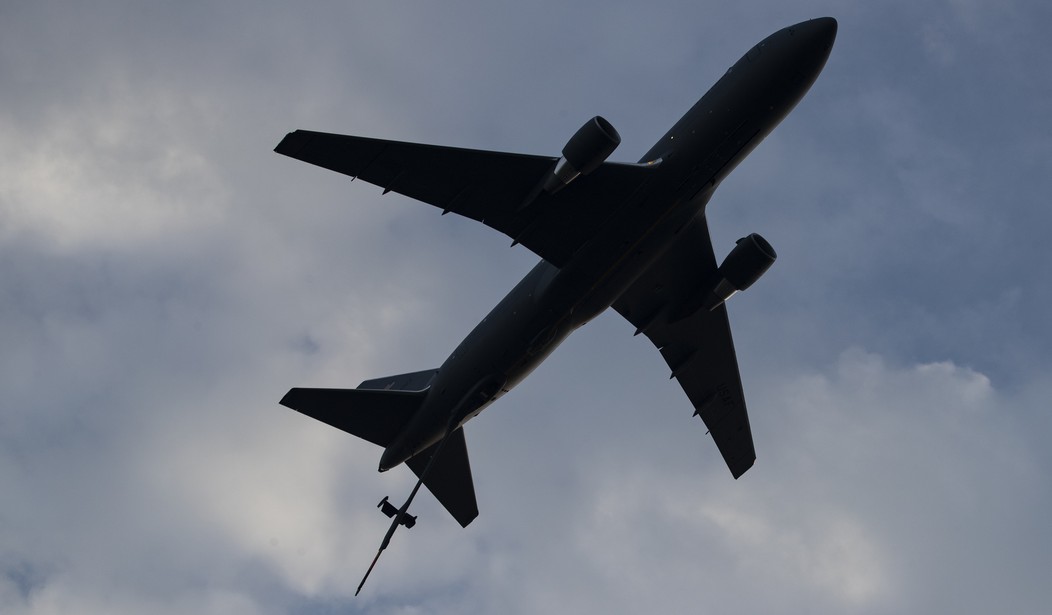Roughly two weeks ago, innocent civilians in Mariupol, Ukraine were finally able to evacuate after spending over two months hiding in Soviet-era tunnels underneath the Avostal steel plant — one of the largest steelworks plants in the world. As the world focuses its attention on the war in Eastern Europe and Russian aggression, some European companies are still comfortable buying metal from the Russian government — the same government attacking the Avostal steel plant.
Over the course of the Cold War, Western policymakers understood the dangers of dealing with the Soviet Union and as such did so as sparingly as possible. As part of this, the Western powers developed their own sources of fuel, their own mines, and their own weapons. And they defeated the Russians — and ended the Cold War — without ever firing a shot. But modern society’s version of Lenin, Vladimir Putin, seems to have some very powerful friends in the West. These friends are eager to conduct business with Putin even as his troops decimate and ravage democratic Ukraine.
As the war in Ukraine rages on, the main response, so far, to Russian aggression has been economic sanctions. Most European countries have joined American policymakers in signing on to these sanctions, even when they may hurt those countries’ economies. Exemplifying this, Germany has promised to stop buying Russian fossil fuels. “Germany stands ready for new sanctions, including an oil embargo,” finance minister Christian Lindner told CNN. Russian vessels have been banned from EU ports, and its trucks are forbidden to use EU roads.
Related: The Safety and Security of the U.S. Capitol Is in the Very Best of Hands
Unfortunately, there are a few in the EU not on board with these sanctions. On April 12, Reuters reported: “Airbus urged Europe on Tuesday not to block imports of titanium from Russia, saying sanctions on the strategic metal would damage aerospace while barely hurting Russia’s economy.” The sanctions might damage the European planemaker; Airbus gets roughly half of the titanium it needs to build jets from Russia. Regardless, this is no reason to oppose the sanctions. It is, however, a reason for Americans to oppose Airbus. While it is a European company, Airbus currently builds weapon systems for America’s military through its U.S. subsidiary. This certainly creates a problem, when the company needs Russia to supply key materials for its weapons.
While it may be too late to cancel existing defense contracts, the U.S. military should certainly not award Airbus any new contracts going forward. Airbus has already publicly stated that it intends to offer a new tanker aircraft to be built in the United States. “Our LMXT offering for the @usairforce will be built in Georgia and Alabama and extend our 60+ year history of delivering tankers to U.S. and global operators,” American company Lockheed Martin tweeted this year. The plane being talked about is not actually an American plane; it is a version of the Airbus 330, a plane that is built in Europe.
The Air Force already has an American-made alternative — the KC-46 Pegasus. This plane is already in service and cleared to refuel up to 70% of active jets. The Pegasus is made in the United States on a dedicated assembly line. It has “some key capabilities that I would like to see going into the future,” Air Force Gen. Jacqueline Desiree Van Ovost said this year. “It’s part of the network—it’s connected. And it can do more. It’s multi-modal. It can do drogue and probe stick boom refueling.” Her boss agreed. “As we look for requirements, look further out, the requirements start to look like a modified KC-46 more than they do a completely new design,” Air Force Secretary Frank Kendall said this year. The U.S. Military already has an American-manufactured aircraft; why would it look to a European design?
Right now, the United States is still on the sidelines in the war between Russia and Ukraine. The situation in Eastern Europe is rapidly evolving and could change at a moment’s notice, however, and if it does, America’s aircraft are going to be the first weapon systems deployed. Those aircraft will need refueling tankers they can depend on. The made-in-America KC-46 Pegasus will be ready to serve the United States military, while Airbus, with its reliance on Russian materials, will be nowhere to be found.









Join the conversation as a VIP Member